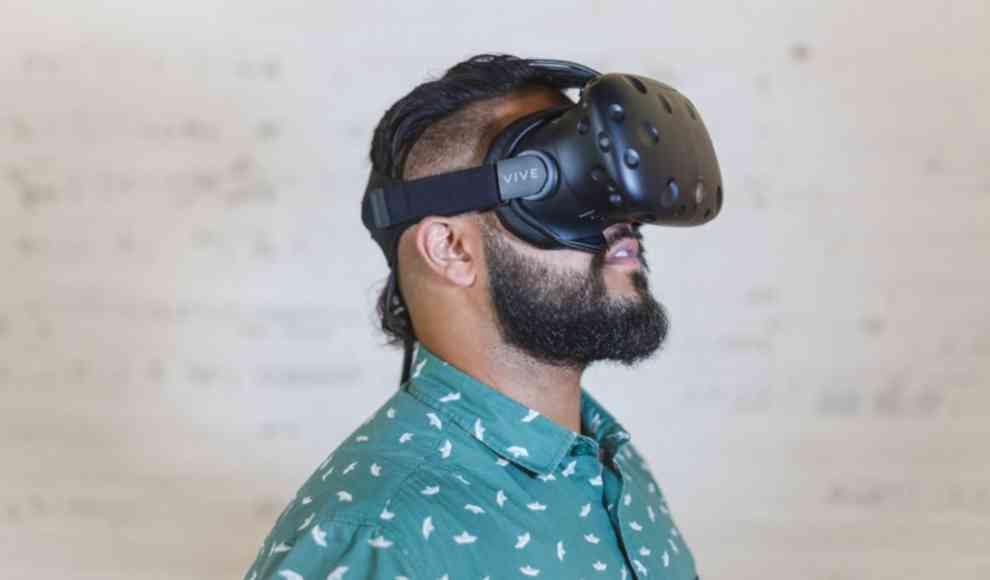Virtual Forest Walks Have Similar Positive Effects on Health and Well-being as Real Shinrin-Yoku
Research has shown that Shinrin-Yoku, also known as forest bathing, has positive effects on human health and well-being. Studies have found that spending just 20 minutes in nature can significantly reduce stress levels. However, the reasons behind these positive effects are still unclear. To explore this further, scientists from the University of Hamburg, the Max Planck Institute for Educational Research in Berlin, and the University Medical Center Hamburg-Eppendorf (UKE) investigated whether virtual reality (VR) could also trigger the positive effects of forest bathing. If successful, this could benefit people in nursing homes, hospitals, or quarantine, allowing them to experience the outdoors and make their difficult situations more bearable.
The team, led by Fariba Mostajeran, showed 34 participants different environments through a VR headset, including a forest, a street between buildings, and a control environment with a white rectangle on a black background. The participants then completed a questionnaire about their mood, physiological well-being, and stress levels. The results showed that even just looking at photos of nature had a positive effect on mood, but 360-degree videos had a significantly greater impact.
The study, published in the journal Nature, suggests that virtual forest walks can have similar positive effects on health and well-being as real forest bathing. This could have important implications for people who are unable to access nature due to physical or environmental limitations. The researchers hope that their findings will encourage further exploration of the potential benefits of VR in healthcare and well-being.









